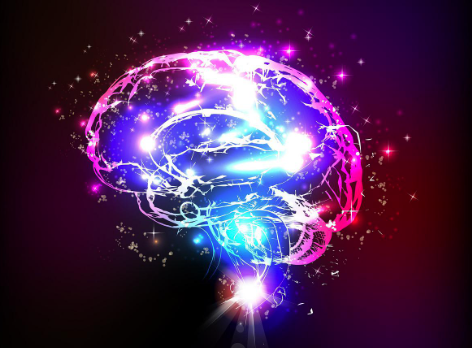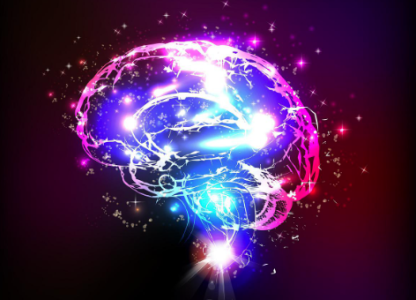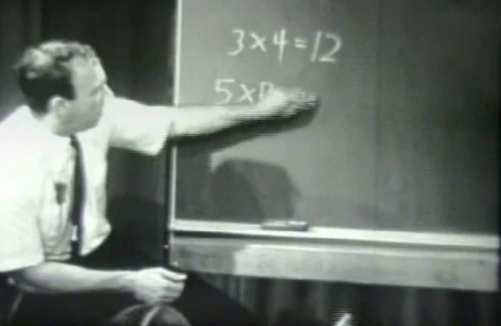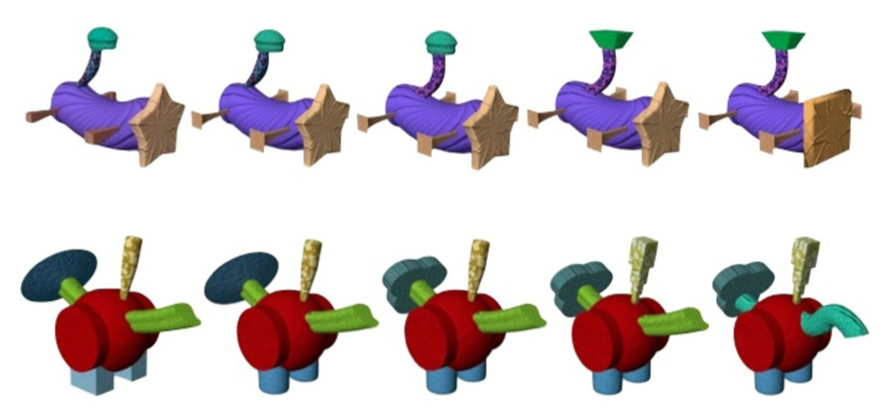Attention is the bottleneck of learning. Nothing sticks (information) without first being attended to. ✅
What is attended to – depends on what is perceived. ✅
What is perceived, is heavily influenced by prior knowledge. ✅
I have an open and on-going discussion with @overpractised Sarah Cottingham about the role of perception and prior knowledge in learning. And whilst I was aware of the frailties and inaccuracies of our long-term memory (all too often shaped by our expectations and prior knowledge), I was not aware of the phenomenon Otten et al., (2023) refer to as “short-term memory illusions.” Their research shows just how easily and rapidly we reimagine experiences to fit our preconceptions rather than accurately recording what takes place.
Otten et al., (2023) propose that memories in short term memory are at least partially shaped by “world knowledge” – by which they mean “prior expectations about the likely events or objects, based on lifelong learning and development.”
…it seems that short-term memory is not always an accurate representation of what was just perceived. Instead, memory is shaped by what we expected to see, right from the formation of the first memory trace.
Otten et al., (2023: 21)
In each round, participants were shown a collection of letters arranged in a circle. Those letters would then disappear and a box would pop up at a specific position in the circle to indicate which letter they should remember.

Participants had to remember both the letter’s identity and the direction it was facing as some had been mirrored to face backwards. Sometimes, participants were shown a second, irrelevant batch of letters before their memory was tested. After giving the answer they were then asked to score their confidence, from very low to very high, that they had guessed correctly.
Just 0.5s later, participants were asked to recall what they had just seen – they were wrong just under 20% of the time. Extend the time to 3s and the error rate shot up to 30%.
When asked to recall whether a letter was facing forwards or backwards, participants who responded with high confidence, had flipped the letter to its regular position 37% of the time, even though they had been explicitly warned that mirrored letters would appear in the tests and should not be mistakenly reported for real ones.
The argument being, human brains record experiences based on preset notions (how a letter should appear) that enables us to generate better predictions about the world.
What do we learn?
Four experiments consistently showed that short-term “illusory memories” can arise even when the to-be-remembered items have only just disappeared, in this, case from vision. Furthermore, these short-term memory illusions seem to be the result of “world” or prior knowledge that shapes our memory even in the short term.
Takeaway
Our visual short-term visual memory is influenced by our perception. Therefore – keep visual instructions displayed where possible.
Consider how verbal short-term memories may be even more unreliable visual short term memories.
Thanks to @MrTomOakley for this excellent illustration and conversations.


Otten M, Seth AK, Pinto Y (2023) Seeing Ɔ, remembering C: Illusions in short-term memory. PLoS ONE 18(4): e0283257. https://doi.org/10.1371/journal.pone.0283257



